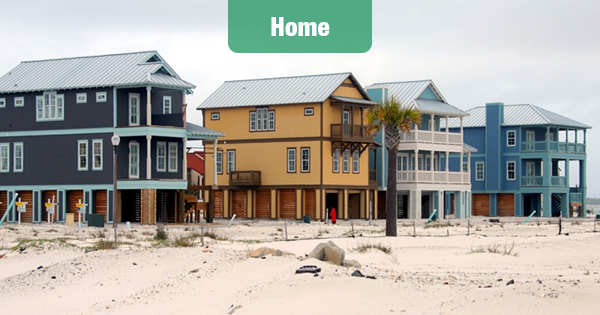
Vacation Home Markets Have Yet to Regain Pre-Recession Values, Zillow Finds
In places where vacation homes are most common, the housing crisis still shows a noticeable effect on the market, online real estate firm Zillow reports.
Scattered across the country, vacation home markets experienced a steeper run up in home values during the housing bubble, but also a sharper fall.
Vacation home markets gained 117 percent in value between 2000 and 2006, compared with an 83 percent home value increase in places with the smallest share of vacation homes.
However, the losses were greater when the housing market crashed, with home values falling 35 percent and 26 percent, respectively.
Along the eastern shore of Hilton Head Island, where 54 percent of homes are vacation homes, the typical home gained 95 percent in value between 2000 and 2006, then lost 41 percent.
In comparison, Beaufort County overall gained 67 percent in value, but only fell 36 percent.
In Cape Cod, where 39 percent of homes are vacation homes, the typical home gained 83 percent in value between 2000 and 2006, then lost 19 percent. The state of Massachusetts as a whole only gained 56 percent in value, but also fell 19 percent.
The recovery has also been slower to reach vacation home markets. Since 2010, home value appreciation in these markets has been slower than the rest of the market every year except 2012.
Home values grew 0.7 percentage points less in vacation markets in 2017 than they did in the rest of the country.
As a result of this slower home value growth during the recovery, home values in vacation home markets are still 9 percent below the peak reached at the height of the housing bubble.
By contrast, markets with the smallest share of vacation homes are 14 percent more valuable than they were before the recession.

